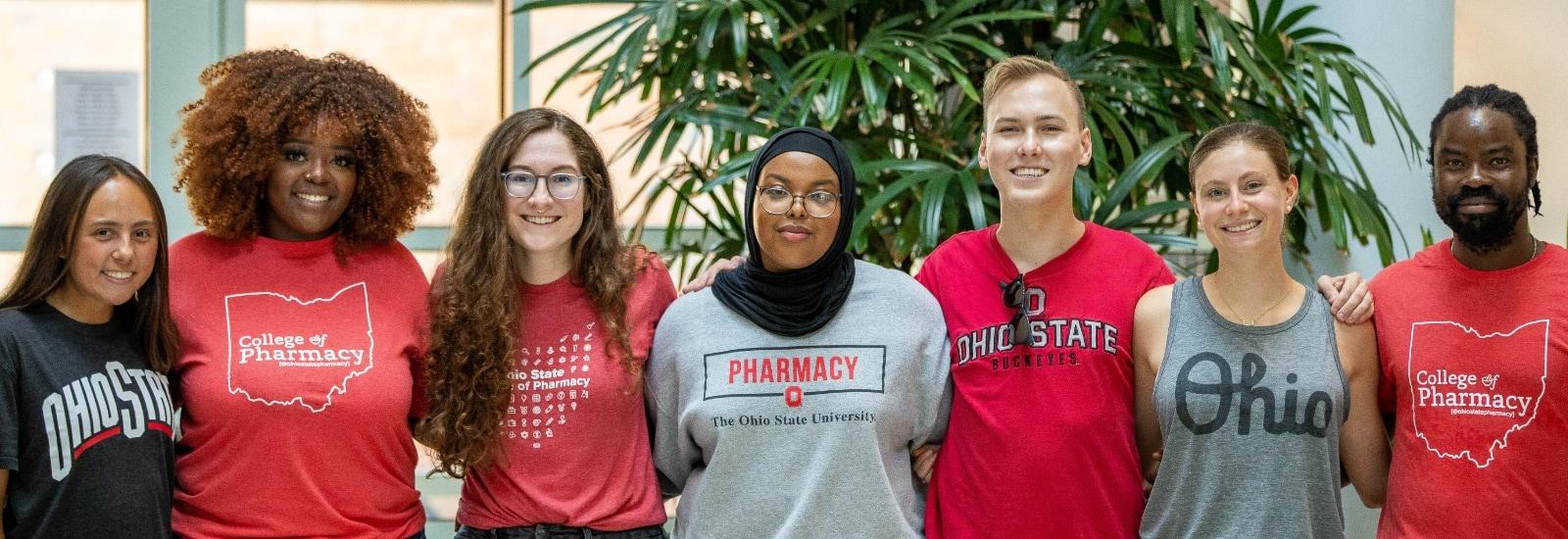
Cynthia Carnes, PharmD, PhD
Professor

Macarius Donneyong, PhD, MPH
Associate Professor

Shuiying Hu, PhD
Assistant Professor

Razi Kebriaei, PhD
Assistant Professor
Her current work is concentrated on both planktonic and biofilm states of bacteria and novel approaches for combating multi-drug resistant infections. She utilizes various classes of antimicrobials with distinct mechanisms of action to discover optimal treatment options for a wide range of infectious diseases. In addition, she designs and operates pharmacokinetic/pharmacodynamic models to simulate humanized doses in vitro. The majority of knowledge achieved from this research is translatable to bedside and leads to better patient outcomes.


Marjorie Neidecker, PhD, MEng, RN, CCRP
Assistant Professor - Clinical

Jen Plahovinsak
Director MS Translational Pharmacology Program

Przemyslaw Radwański, PharmD, PhD
Associate Professor

Yu-Jung “Jenny” Wei, PhD
Associate Professor

Marcia Worley, PhD, RPh, FAPhA
Professor & Chair

